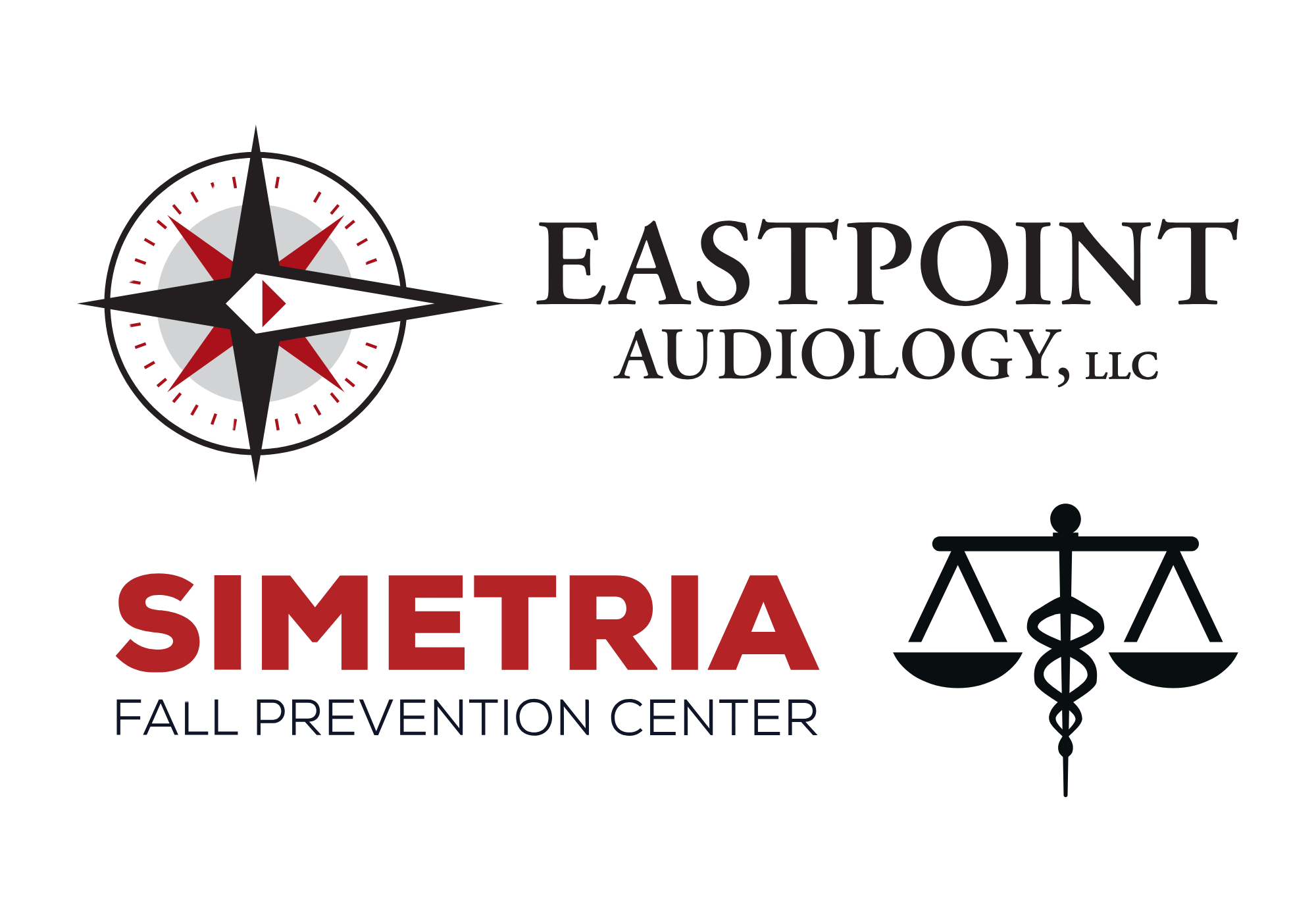The only one thing that you requested was for the garbage to be taken out. A little while later you realize your partner didn’t do it. “I Didn’t hear you”, they declare. Curious how that works, how your partner didn’t hear the one thing you asked them to do. This “selective hearing” is a normal indication that communication is failing.
We normally view selective hearing as a negative, sort of like it’s a character defect. Accusing someone of selective hearing is saying they weren’t listening to you. But it’s possible that the real culprit behind your selective hearing might not be a short attention span, it may be the early stages of hearing loss.
What is selective hearing?
You’ve likely been accused of selective hearing at some point in your life, even if nobody used that particular term. When you miss all the things you don’t want to hear but hear everything else, that’s selective hearing. You hear the part about the chocolate cake, but you don’t hear the part about the calories. That sort of thing.
As a behavior, selective hearing is extremely common. However, most studies point to men failing to hear their partners more often than women.
It might be tempting to draw some social conclusions from that (and the way that individuals are socialized certainly does play a part in how this behavior is contextualized). But the other part of the equation might have something to do with hearing health. Let’s say your “selective hearing” begins to become more prominent or more common. That could actually be an early sign of hearing loss.
Hearing loss can cause gaps in communication
Communication will definitely be more difficult with undiagnosed hearing loss. That’s probably not that shocking.
But here’s the thing: in many cases, communication issues are a sign of hearing loss.
When hearing loss is in those really early phases, there won’t be a lot of apparent symptoms. Maybe you begin turning the volume on your tv up. When go out to your local haunt, you have a hard time hearing conversations. You most likely just assume it’s because of the loud music. But besides situations like that, you may never even notice how loud day-to-day sounds can be. Your hearing can slowly decline because of this. Up to the time you’re having difficulty following along with daily conversations, you almost don’t notice.
Your partner is becoming concerned about the health of your hearing
The people around you will likely be concerned. Yes, selective hearing is a fairly common irritation (even more annoying when you already feel like nobody is listening to you). But as it happens more and more often, irritation might turn to worry.
And your partner may want you to find out what’s going on by having you schedule a hearing test.
Your partner’s concern is relevant and it’s important for you to acknowledge that. Have an open conversation and consider that they are coming from a place of caring and not just aggravation.
Other early signs of hearing loss
If your selective hearing is getting worse over time, it may be worth keeping an eye out for some of these other early signs of hearing loss. Here are some of those signs:
- Having a difficult time distinguishing consonants
- Difficulty hearing in crowds
- Requesting that people talk slower and speak up
- When people talk it sounds distant or muffled
- Cranking the volume up on your mobile phone, television, or radio
If you have any of these symptoms, you should call us for a hearing test.
Use ear protection
Protecting your hearing is so crucial to preventing hearing loss. Minimize your exposure to noisy environments (or at least wear earmuffs or earplugs when you must be around noise). Hearing aids can also help you have more effective communication, which can smooth over many rough spots that your hearing loss might have caused in the first place.
In most circumstances throughout your life, selective hearing is going to be an artifact of a waning attention span. But when you (or somebody around you) observes your selective hearing getting worse, you may want to take that as a sign that it’s time to have your hearing assessed.

